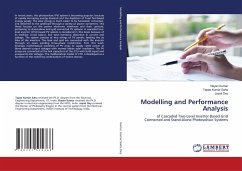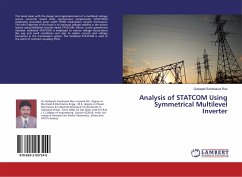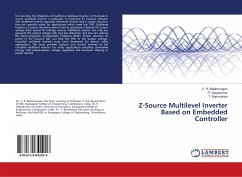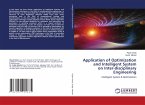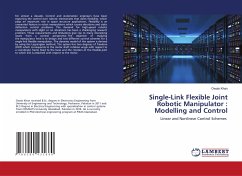In recent years, the photovoltaic (PV) system is becoming popular; because of rapidly increasing energy demand and the depletion of fossil fuel-based energy supply. The solar energy is much easier to be harvested, converted, and delivered to the grid/load through a variety of power converters. This thesis focuses on the power electronic interfaces and their controls, pertaining to stand-alone and grid-connected PV systems. A cascaded two-level inverter (CTLI) based PV system is considered in this book because of its modular circuit layout, low total harmonic distortion in current and voltage. The system consists of two strings of PV panels, feeding the dc links of the inverters. The load and grid are connected with the inverter through an open winding three-phase transformer. First, this work develops mathematical modeling of PV array to supply rated power at three desired output voltages with normal Indian solar irradiance. The PV arrays are connected at the link capacitors of the CTLI with both equal and unequal dc-link voltages. The mathematical model of CTLI is developed as a function of the switching combinations of twelve devices.
Bitte wählen Sie Ihr Anliegen aus.
Rechnungen
Retourenschein anfordern
Bestellstatus
Storno

